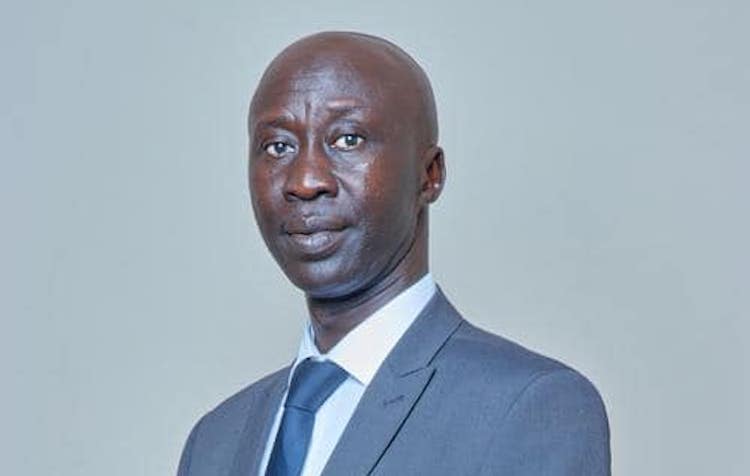Gambiaj.com – (BANJUL, The Gambia) – The Managing Director of the Gambia Ports Authority (GPA), Ousman Jorbateh, has clarified the content and intent of a letter he sent to Albayrak Group, the Turkish concessionaire managing the Port of Banjul, after the correspondence surfaced on social media, sparking public speculation over the fate of the national asset.
Speaking in an interview at West Coast Radio, Jorbateh said the letter was intended to remind Albayrak of key provisions in the concession agreement, specifically those prohibiting the use of port assets as collateral for external financing and protecting the government from any debt obligations related to private loans.
“We wrote to Albayrak to remind them of the safeguards in the concession—that the assets of the Port of Banjul cannot be encumbered in any debt financing and that the government is not obligated in any loan,” Jorbateh explained.
He emphasized that the GPA acted within its regulatory duty to uphold the terms of the concession, adding that while the document was sensitive, it was not a secret. “It’s part of our responsibility to ensure compliance,” he said, “and the media are within their role to scrutinize us.”
What Triggered the Letter?
Jorbateh said the letter was prompted by information that Albayrak was seeking financing from Zenith Bank PLC—headquartered in Nigeria—for ongoing investments in the Banjul Port rehabilitation project. When GPA reviewed the consent letter related to the loan, it found clauses that could potentially breach the concession’s terms.
“The consent letter required our signature, but we declined to sign because the assets remain the property of the government and GPA, and we cannot allow them to be used as collateral,” Jorbateh said.
He clarified that while Albayrak, as the concession sponsor, is free to raise funds on its own balance sheet, any borrowing by the special purpose vehicle (SPV)—Alport Banjul, in which GPA holds a 20% equity stake—must be governed by strict terms that protect the state’s interests.
“Albayrak can take a loan to finance its investment, but not by pledging the Port of Banjul as collateral. That is the fundamental safeguard,” he reiterated.
Fundamental Violations and How GPA’s Rejection Affects the Deal
According to Jorbateh, allowing the Port of Banjul to serve as collateral would have fundamentally violated the concession agreement, as it would expose government assets to private debt risk. “The assets still belong to the people of The Gambia,” he stressed. “That’s why we are firm on this issue—because the Port is a national asset and must remain so.”
He further explained that while some movable assets may be involved in financing arrangements, the fixed assets—the core infrastructure of the Port—are explicitly protected under the concession terms.
Jorbateh confirmed that GPA’s refusal to sign the consent letter effectively prevents Albayrak from securing the loan under the current conditions, as lenders typically require the asset owner’s consent in such public-private partnership arrangements.
“The deal between Albayrak and Zenith Bank can still proceed, but only if the financing terms comply with the concession. Our position simply ensures that the government and GPA are not exposed to debt liabilities,” he said.
He added that GPA’s decision does not mean opposition to Albayrak’s financing efforts but rather a necessary measure to maintain transparency and compliance. “Once the safeguards are respected, the shareholders can review and approve the financing structure,” he noted.
Impact on the GPA–Albayrak Partnership
Despite the public fallout following the letter’s circulation, Jorbateh maintained that relations between GPA and Albayrak remain intact.
“I wouldn’t say it was a leak, because the information is not secret. What it shows is that we are fulfilling our role as a regulator,” he stated. “Our objective remains the same—to ensure that the Port of Banjul continues to improve efficiency, reduce logistics costs, and benefit Gambian citizens.”
He concluded that the GPA would continue to monitor the concession to guarantee that national interests are protected, even as private partners pursue their financing initiatives.
“We have to hold each other accountable,” he said. “That’s how we ensure that this partnership works for The Gambia.”










